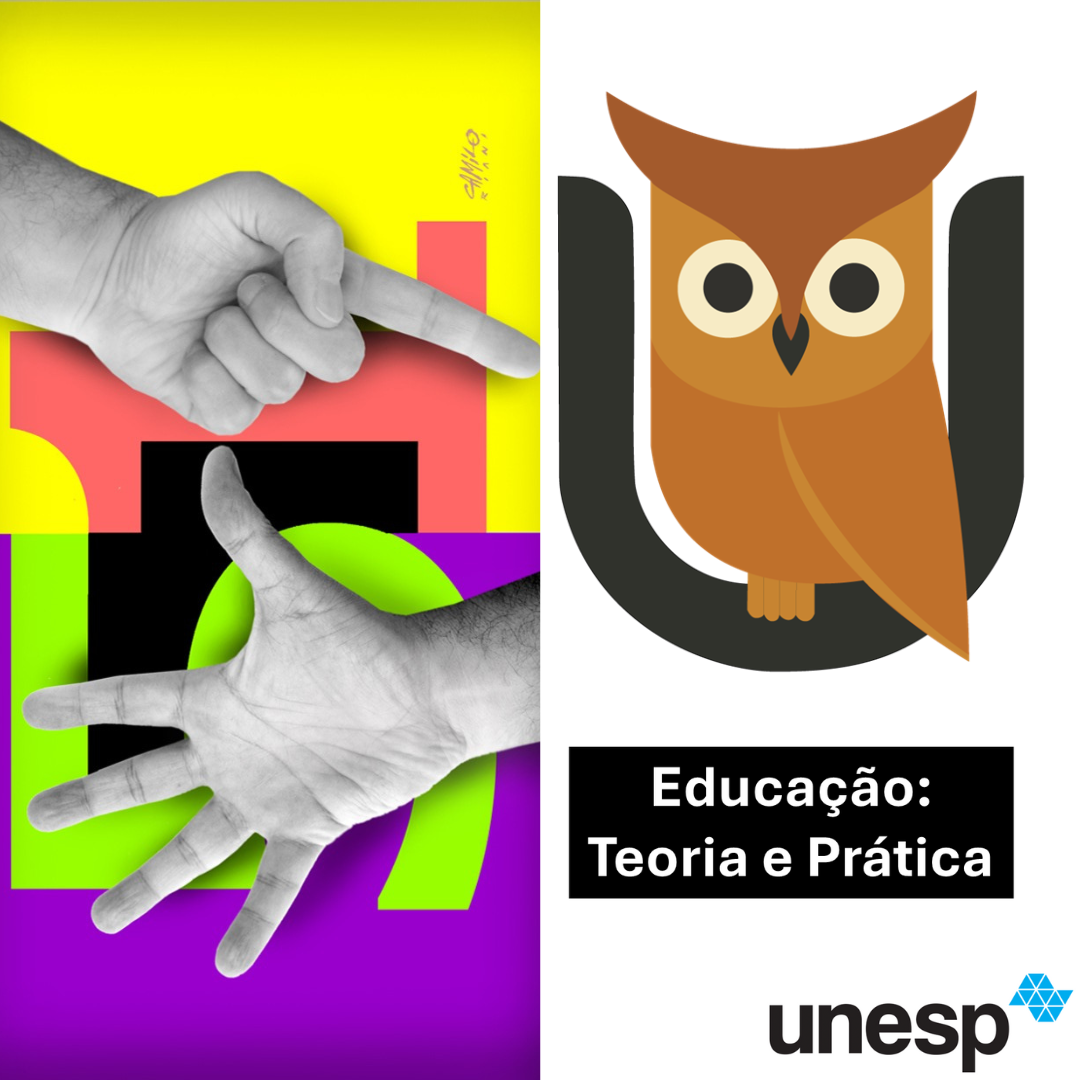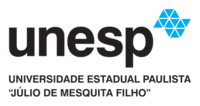Truth, lie or just a case of poetry? The imaginary production cultivated in school
DOI:
https://doi.org/10.18675/1981-8106.vol26.n51.p64-78Keywords:
práticas pedagógicas, mediação, linguagem, imaginação, criaçãoAbstract
The objective of this paper is to analyze a pedagogical practice in which students from fourth grade of elementary school lived a creative process mediated by the reading of literature seeking to understand the extent to which the imaginary production is cultivated in school . The theoretical framework adopted was the Cultural-Historical perspective of human development that considers how much richer the social and cultural experience of the child , the more possibilities exist for creation and imagination , so it's up to schools to enable development means creating their students . The episode cut for analysis is part of the collection of data from one of the researchers during the course master . Methodologically, a qualitative research documented the relationships experienced by a school teacher and her students through audiogravação and notes in a field journal . Were also taken as given the plans of the teacher and teaching activities produced by the students. We conclude that the act of creation and the place of the imaginary as essentially human condition , through the mediation of language , can take place at school while teaching practices that may be constituted as new forms of children's participation in culture. Keywords: teaching practices, mediation, language, imagination, creation.Downloads
Additional Files
Published
How to Cite
Issue
Section
License
Authors who publish in this journal agree to the following terms:
a) Authors assign copyright to the journal, with the work simultaneously licensed under the Creative Commons Attribution License that allows sharing of the work with acknowledgment of authorship and publication in this journal.
b) The policy adopted by the Editorial Committee is to assign copyright only after a period of 30 months from the date of publication of the article. After this time, authors interested in publishing the same text in another work must send a letter to the Editorial Committee requesting the release of the assignment of copyright and wait for a response.
c) This journal provides public access to all its content, since this allows greater visibility and reach of published articles and reviews. For more information on this approach, visit the Public Knowledge Project, a project that developed this system to improve the academic and public quality of research, by distributing OJS as well as other software to support the public access publication system to academic sources. The names and email addresses on this website will be used exclusively for the purposes of the journal and will not be available for other purposes. This journal provides open any other party  This work is licensed under a Creative Commons License
This work is licensed under a Creative Commons License










